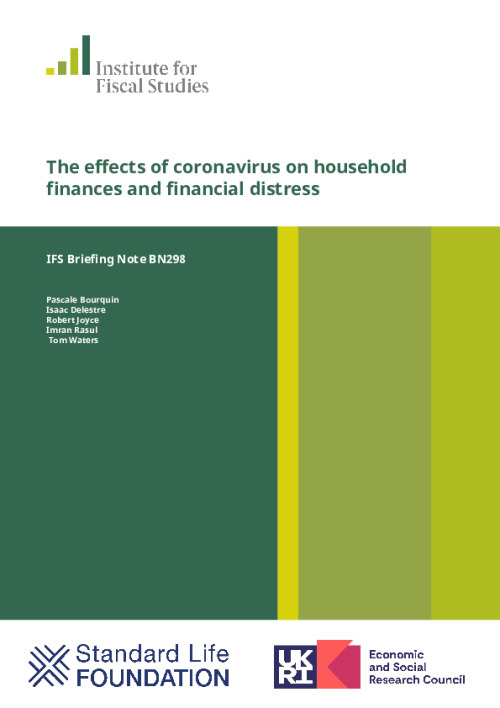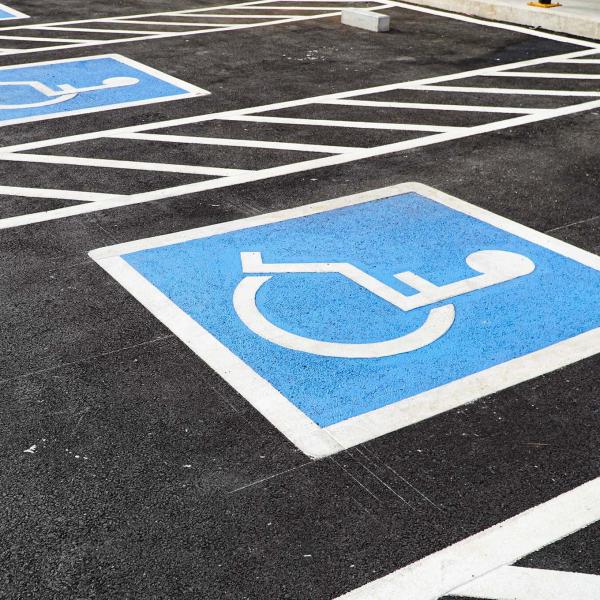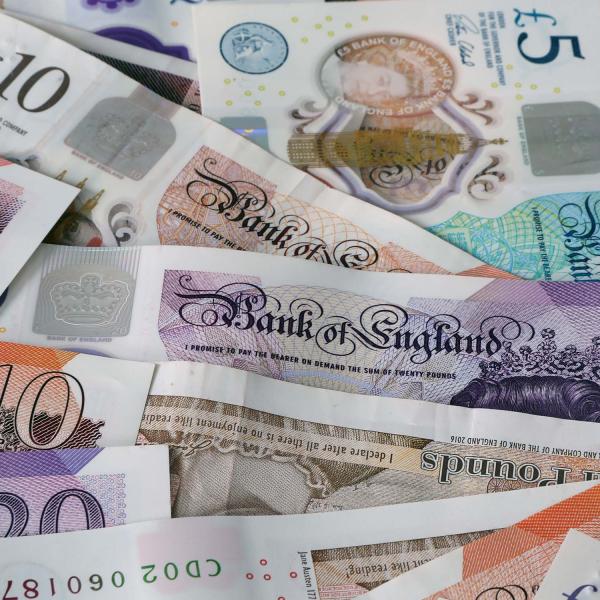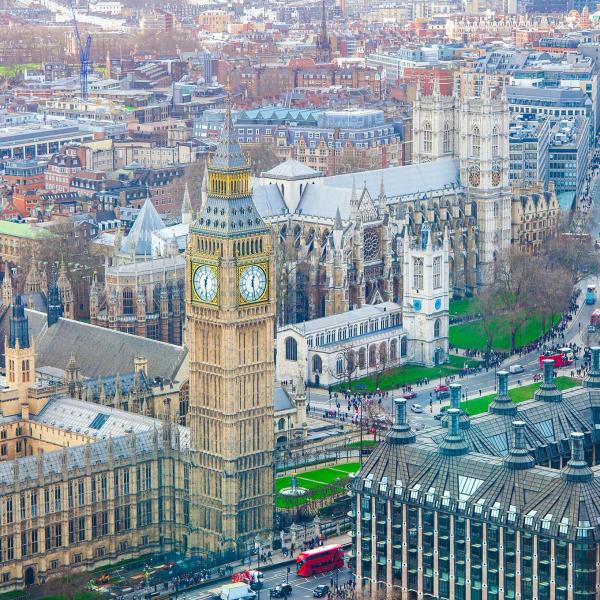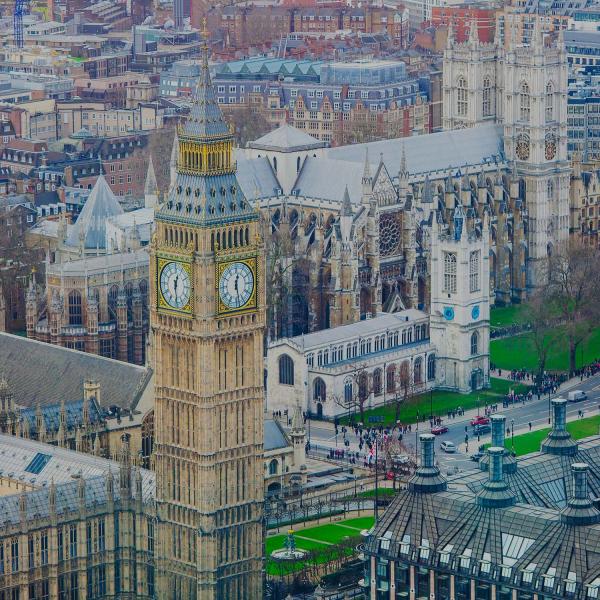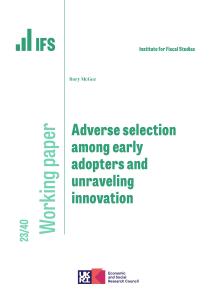The effect of the COVID-19 crisis on the economy has been huge. National income fell by 20% in April, to a level last seen in the early 2000s. But the impact of this vast aggregate shock on the finances of different households will vary widely.
In this report, we use a novel source of real-time data on households’ finances from Money Dashboard, a budgeting app, to explore the impacts of the crisis so far on earnings, incomes and financial distress, and how they are evolving. We complement this with household survey data to explain and verify the key trends.
Key findings
- The COVID-19 crisis led to abrupt falls in employment, earnings and incomes by April. There were no signs of a recovery in May. By May 2020, when compared with what we would have predicted just before the crisis based on trends up to that point, the number of jobs was 4% lower, median after-tax household earnings were 9% lower and median household income (including benefits) was 8% lower (equivalent to an income loss of around £160 per month). These impacts had largely been felt in April, but with few signs of recovery in May.
- The crisis has so far impacted the earnings of the poorest households the most. Households in the poorest fifth – as measured by their pre-crisis income – have been hit hardest in terms of earnings, with a fall in their median household earnings of around 15% (or around £160 per month).
- However, if we look at total income rather than just earnings, the poorest have not fallen further behind on average. This highlights the important role of the benefits system in containing inequality and poverty. It partly reflects the government’s temporary increases in benefits – set to last until April 2021 – and partly the simple fact that the benefits system replaces a relatively large share of lost earnings for the lowest earners.
- Non-payment of household bills increased sharply after lockdown, and increased further between April and May. By May, the number of households making mortgage, rental and council tax payments was, respectively, 14%, 11% and 9% below what we would have predicted based on pre-crisis trends. This represents a further deterioration since April, perhaps suggesting that some households are increasingly struggling to make ends meet as the crisis persists. Poorer households seem to be falling behind by more on council tax and utility bills. Non-payment of mortgages is spread more evenly across the income distribution.
- In some cases, these unpaid bills will be important and sensible ways of weathering the storm (for example, mortgage holidays) – but they still mean additional debt that will be carried forward. Looking at those who paid a given bill in January 2020 but did not pay that bill in May 2020, the average January bill amount was £1,660 for mortgages, £650 for rent, £170 for council tax and £139 for utilities. Increases in accumulated debts of these magnitudes are not sustainable, so this underlines the importance of a quick recovery in household incomes.
A podcast featuring authors from this report is available here.
Standard Life Foundation has supported this project (reference 202005-GR000020) as part of its mission to contribute towards strategic change which improves financial well-being in the UK. Its focus is on tackling financial problems and improving living standards for people on low-to-middle incomes. It is an independent charitable foundation registered in Scotland. Co-funding from the ESRC-funded Centre for the Microeconomic Analysis of Public Policy at IFS (grant number ES/M010147/1) is also very gratefully acknowledged.
